LSD, also known as “acid,” is a powerful hallucinogenic substance that has had a significant impact on popular culture and the field of psychedelic research. Its full name, Lysergic Acid Diethylamide, reveals its chemical composition. LSD is a synthetic compound, first synthesized in 1938 by Swiss chemist Albert Hofmann, and it gained notoriety in the 1960s as a prominent element of the counterculture movement.
LSD is typically ingested in the form of small, colorless, and odorless blotter paper squares that have been soaked with a precise dosage of the substance. It can also be found in liquid form or as tiny tablets, often referred to as “microdots.”
The effects of LSD are profound and unique, as it primarily targets the brain’s serotonin receptors. Users typically experience alterations in perception, mood, and cognition, often characterized by vivid hallucinations, distorted sense of time, and a heightened sense of interconnectedness with the world and others. These effects can be both fascinating and intense, leading to a wide range of experiences, from euphoria and profound insights to anxiety and “bad trips.”
LSD’s duration and intensity can vary depending on factors such as dosage, the individual’s mental state, and their environment. A typical LSD trip can last anywhere from 6 to 12 hours, and it is advisable to use this substance in a safe and comfortable setting with trusted individuals to provide support.
It’s important to note that LSD is a Schedule I controlled substance in many countries, meaning it is illegal to possess, manufacture, or distribute. Its use can be associated with legal consequences and potential health risks, especially when not used responsibly. Furthermore, the potential for psychological and emotional side effects is a concern, making it vital for users to approach this substance with caution.
LSD’s unique properties have also made it a subject of scientific interest in fields like psychology and neuroscience. Researchers have investigated its potential therapeutic applications, particularly in the context of mental health disorders and the enhancement of creativity and problem-solving abilities.
| Quantity |
150ug (1 sheet, 100 tabs) ,200ug (1 sheet, 100 tabs) ,250ug (1 sheet, 100 tabs) ,300ug (1 sheet, 100 tabs) ,350ug (1 sheet, 100 tabs) ,400ug (1 sheet, 100 tabs) ,450ug (1 sheet, 100 tabs) ,500ug (1 sheet, 100 tabs) |
|---|

 Flowers
Flowers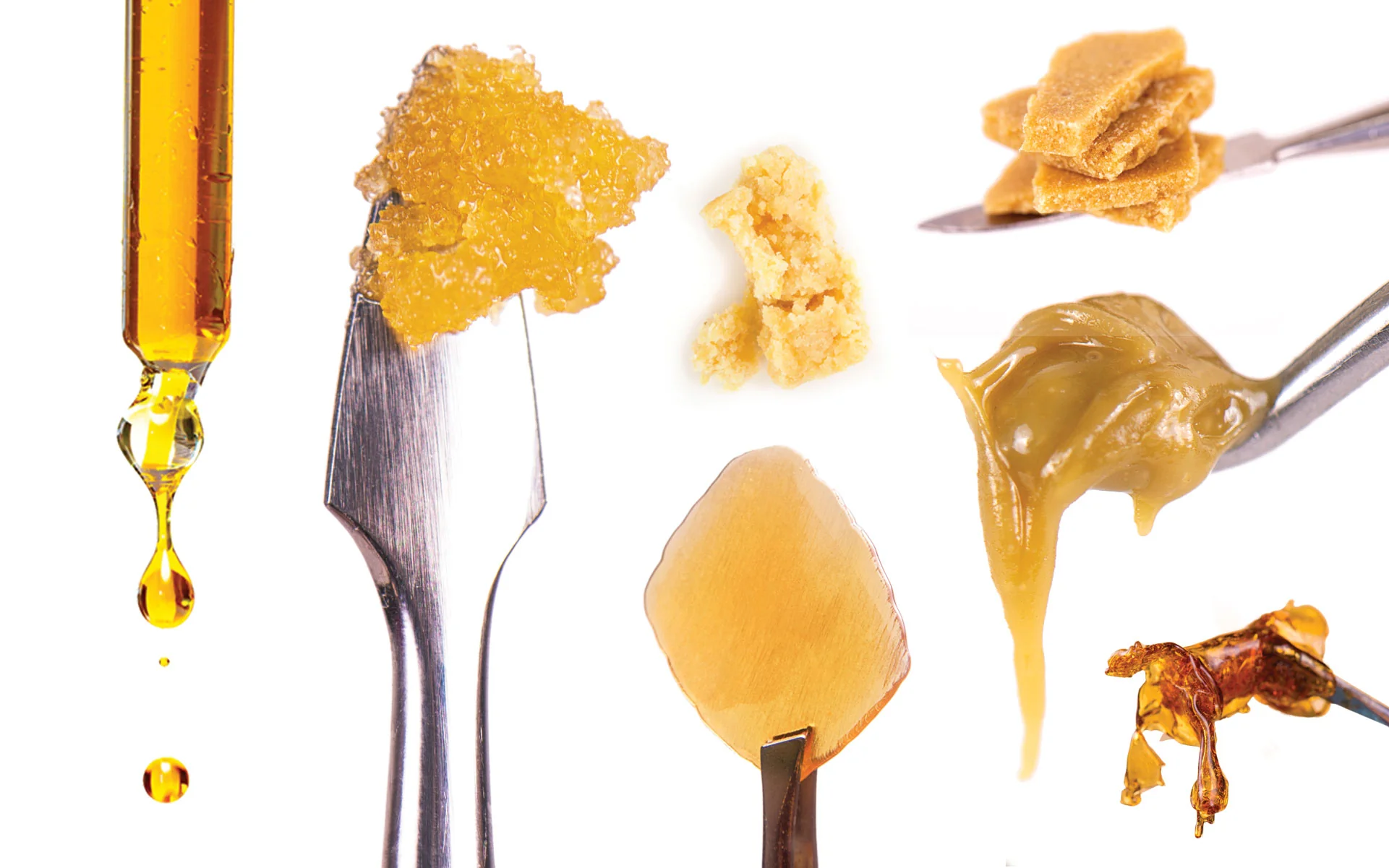 Concentrates
Concentrates Edibles
Edibles LSD
LSD Pre-rolls
Pre-rolls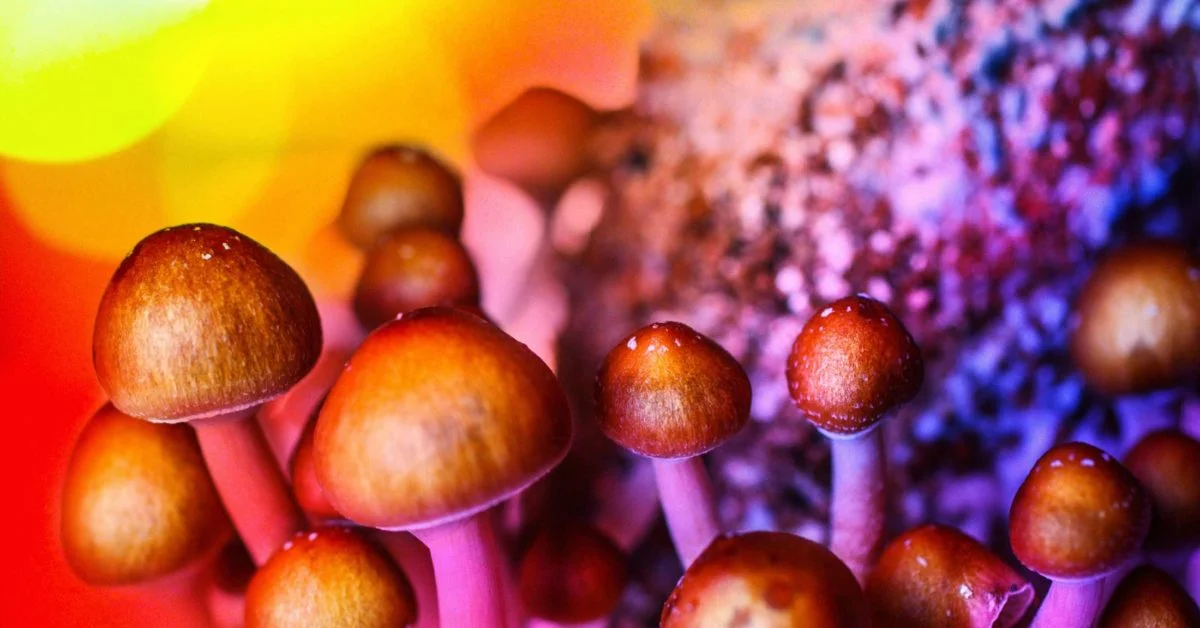 Psychedelic
Psychedelic vapes
vapes Catridges
Catridges Disposables
Disposables PODS
PODS CBD
CBD Cultivation
Cultivation Topicals
Topicals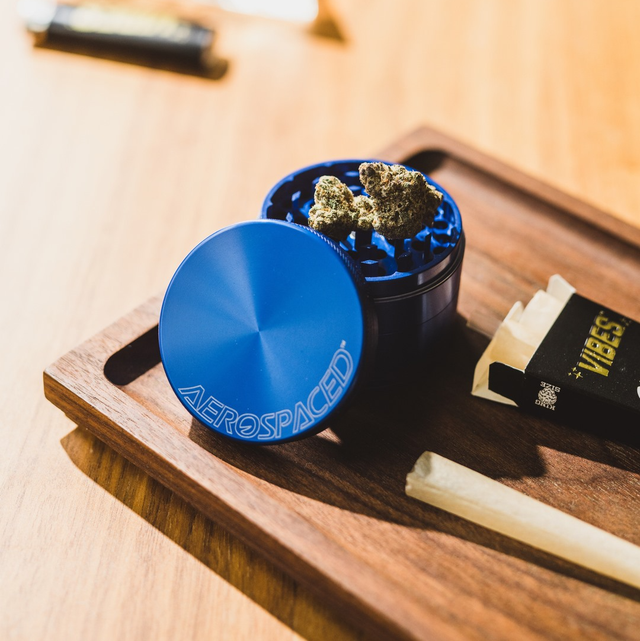 Accessories
Accessories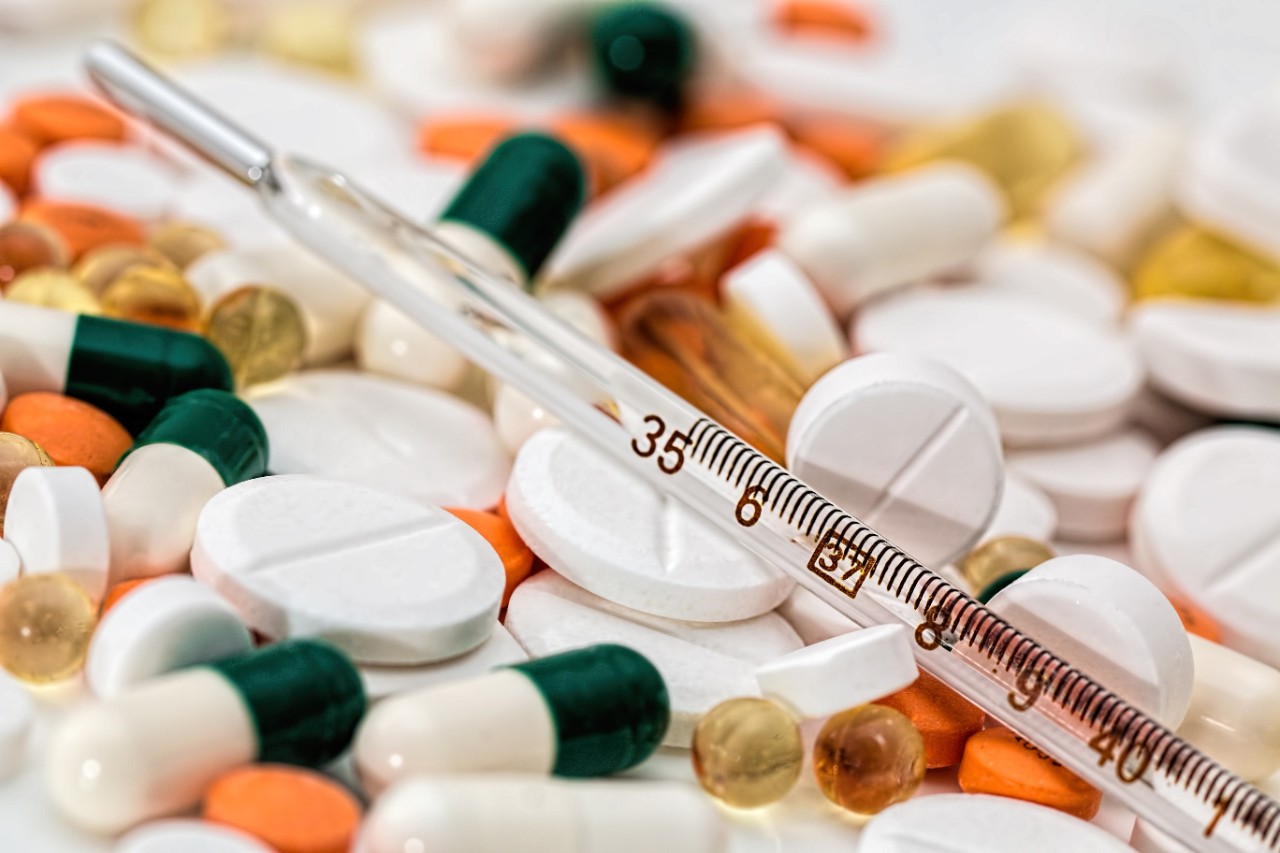
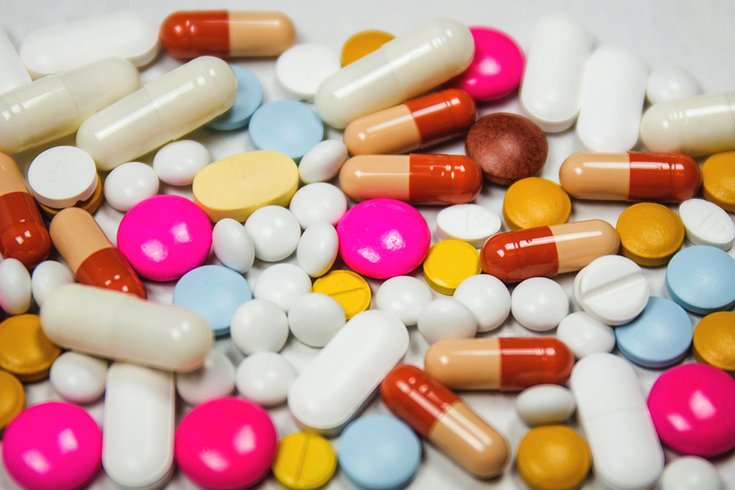
Reviews
There are no reviews yet.